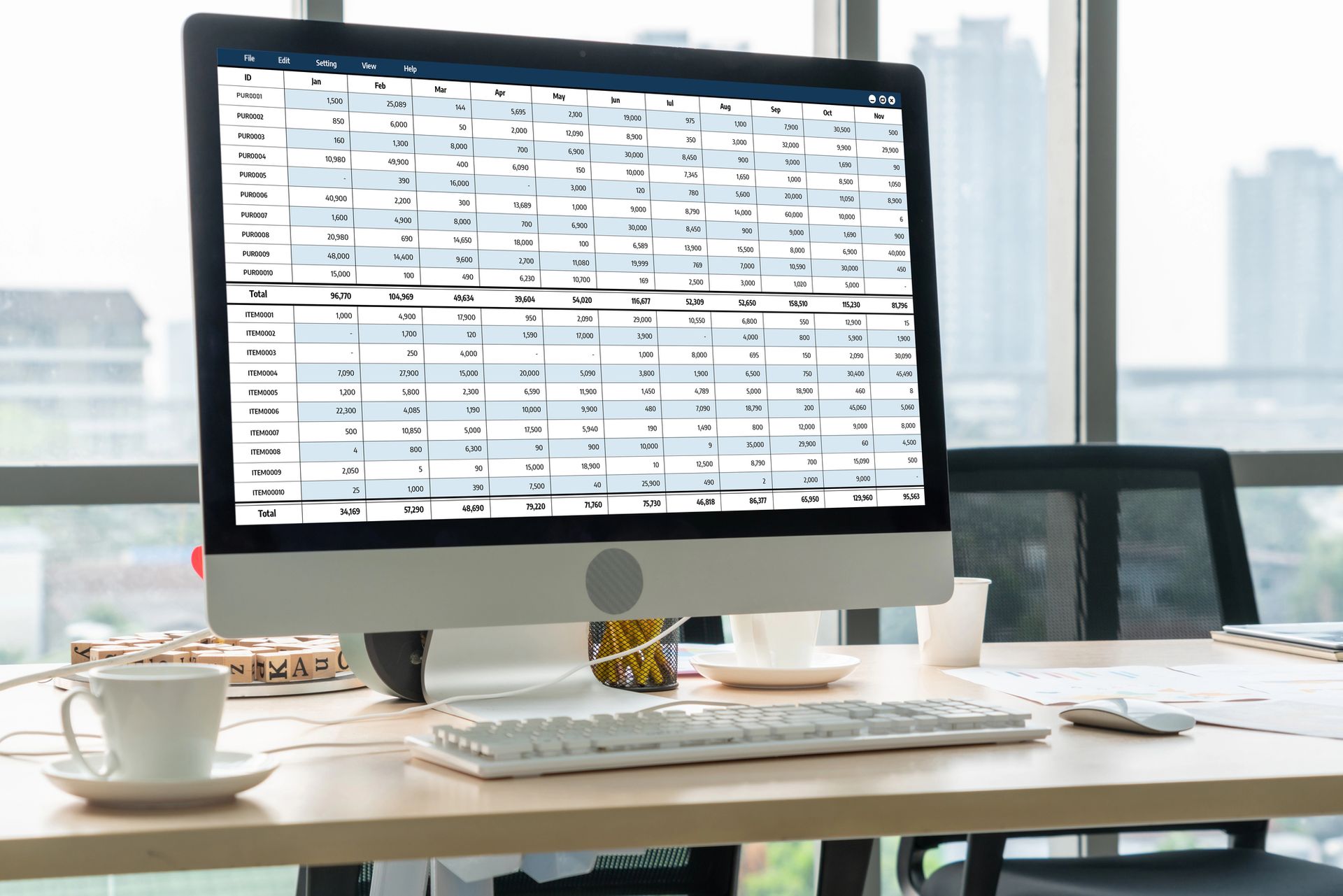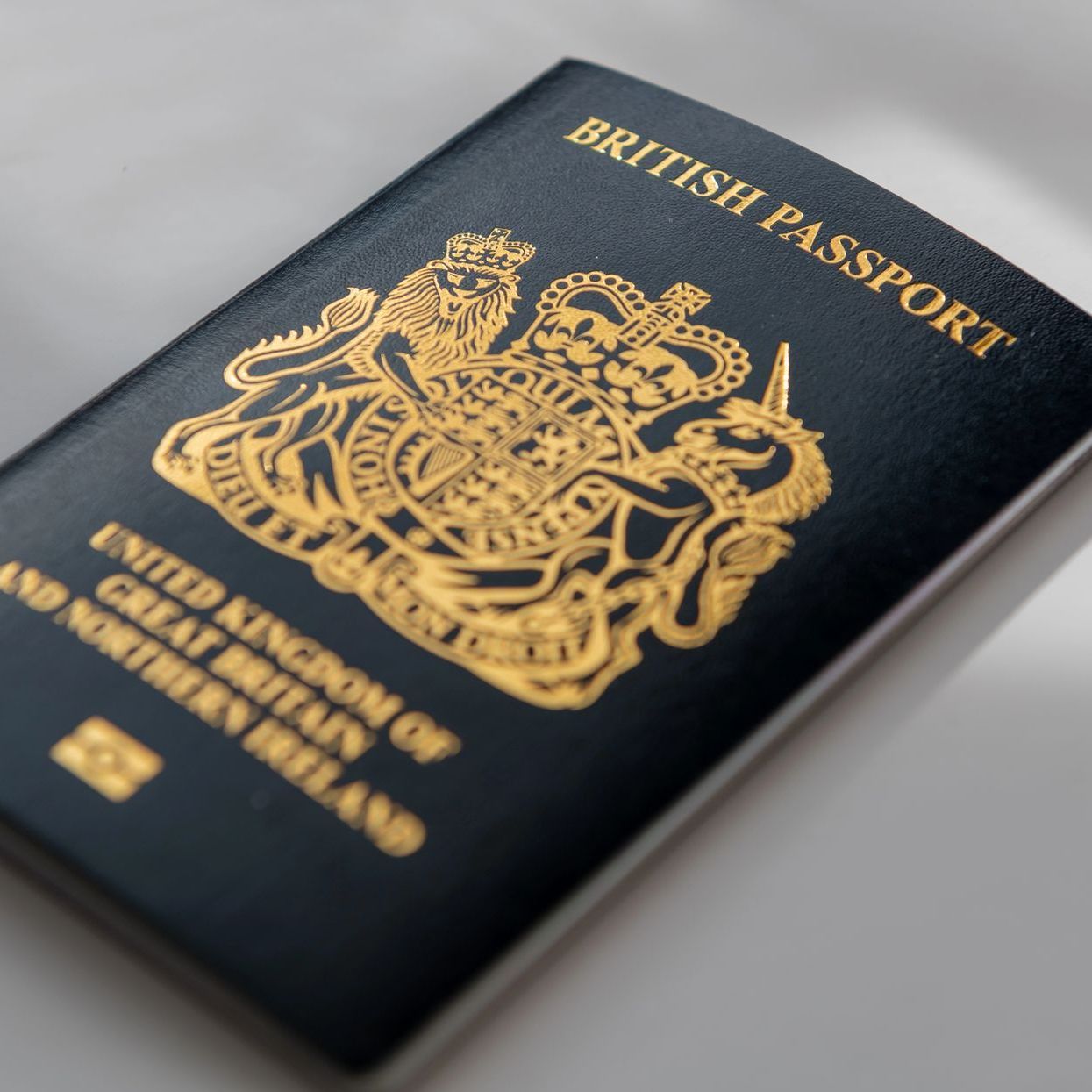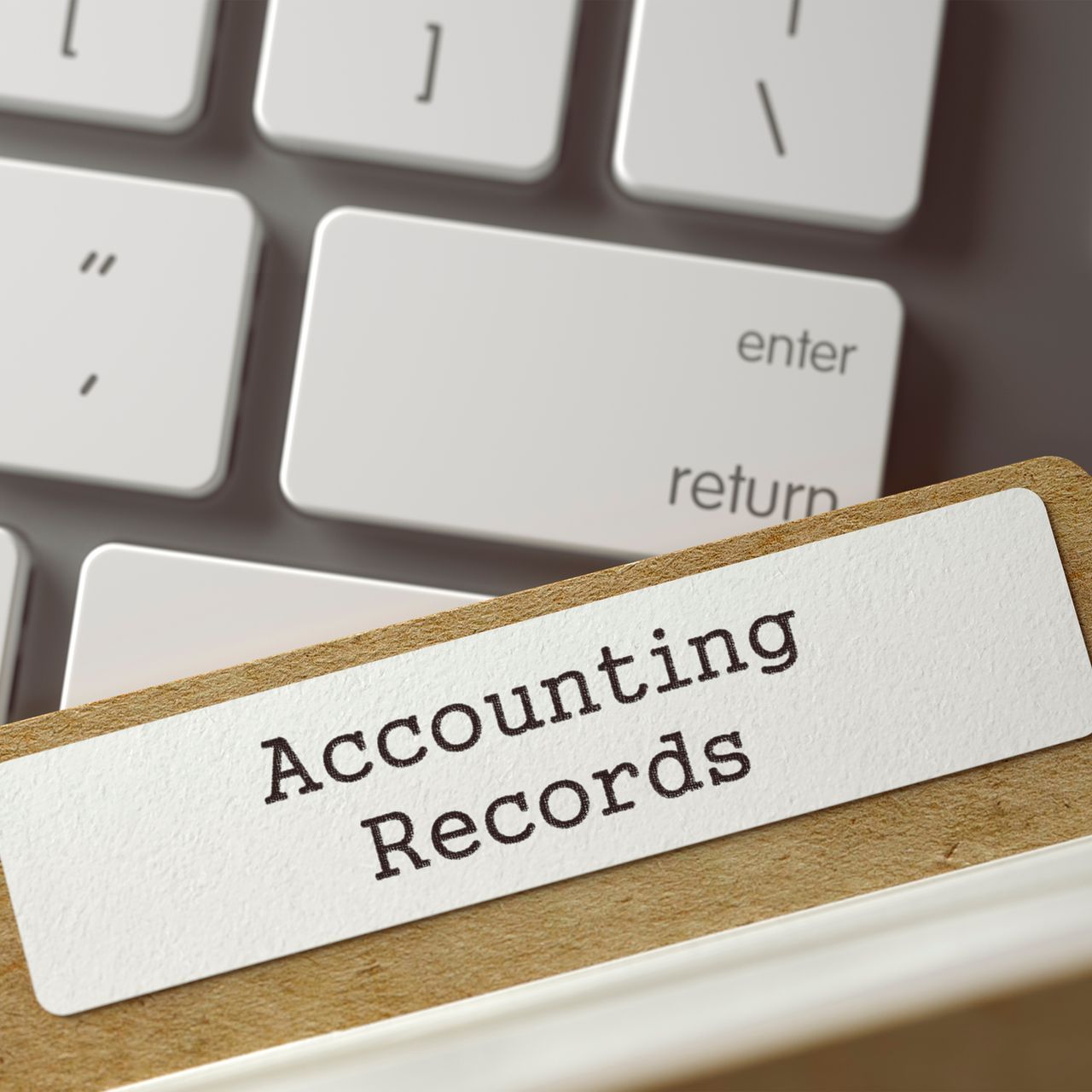Should I invest in a rental property or a holiday home?
Investing in property is becoming increasingly popular in the UK, but have you considered what sort of property you would like to invest in? Did you know that the tax treatment of income from properties for longer term rental and furnished holiday lets are quite different?
Tax considerations
Furnished Holiday Lets are taxed much more like trading income than rental properties, which means that there are a few beneficial tax treatments available. Firstly, the cost of any furnishings provided in the property can be deducted from income (via capital allowances). This is much more generous than the restrictive relief that applies to rental properties.
Where a rental property is owned jointly by married couples, the income is split either half each or in the ratio that the property is owned. As Furnished Holiday Lets are treated like earned income, it is possible to agree a different split of the profits between joint owners, which can be useful for tax planning.
Another advantage is that the recent introduction of the loan interest restriction doesn’t apply to Furnished Holiday Lets, making them even more attractive to higher rate taxpayers that are would otherwise be caught by the new rules relating to rental properties.
One final tax incentive is worth considering, especially if you are contributing to a pension scheme. You can get tax relief on contributions into your pension up to the amount you have earned in a given tax year (up to a maximum of £40,000). Unlike the income from rental properties, the income you earn from your holiday home counts as earnings towards this calculation.
When you come to sell a property other than your main home, capital gains tax usually applies to any gains on sale. For rental properties, there is even a property surcharge of 8% meaning that you pay tax at either 18% or 28% depending on whether you are a higher rate taxpayer or not. Instead, when you come to sell your holiday home, it will qualify for the usual capital gains tax reliefs on the sale of the property. In particular, Entrepreneurs relief is available, which reduces the rates at which the tax is calculated to just 10%, much lower than the tax rates on a rental property.
As you would expect with all these tax breaks, there are some very specific conditions that have to be met before you can apply the rules. Where these conditions are not met, it will be taxed as a rental property instead so its important to keep meeting the criteria to qualify for the preferential tax treatment. In order to qualify, the property must be
· In the UK or Europe (although the UK and non-UK are treated separately)
· Furnished
· Available to be rented out for 210 days in the year
· Actually let out for 105 days in the year
· Predominantly for lets under 31 days
The full rules, including what happens if you can’t quite meet the conditions, can be found here.
Note that furnished holiday lets do attract VAT and you will need to register if your turnover exceeds the VAT threshold. They are subject to business rates rather than council tax. If you use your holiday home yourself, your deduction for furnishings will need to be restricted for personal use and the time that you are using it yourself doesn’t count towards the qualifying criteria.
Other things to think about
There’s no doubt that the tax treatment of Furnished Holiday Lets is more favourable than a standard rental property, however it’s not just the tax considerations that you should think about.
If you are planning to manage the property yourself, a furnished holiday let will require much more input than a rental property due to the high turnover of tenants. It may be easier to deal with a rental property that is rented out for longer periods, perhaps requiring less regular intervention from the landlord.
It may be hard to ensure that the property is let out frequently enough to not only cover the costs incurred but to meet the criteria to maintain its status as a Furnished Holiday Let, especially if you plan to use your property for holidays yourself. The seasonal nature of the business and the weather (if your holiday home is in the UK) may mean that the property is not always rented out to its full capacity.
Don’t forget that whatever sort of property you decide to go for, where you already own another property you will be required to pay the extra 3% higher rate of stamp duty.
If you receive any income from property (including renting out a room in your home or using Air B&B to rent out your home) you should consider whether you should be filling in a self-assessment return, the answer is almost certainly yes. If you would like to discuss any of the topics raised in this article, why not give your local friendly accountant a call on 07597 546 030 or use the contact box below to get in touch.











